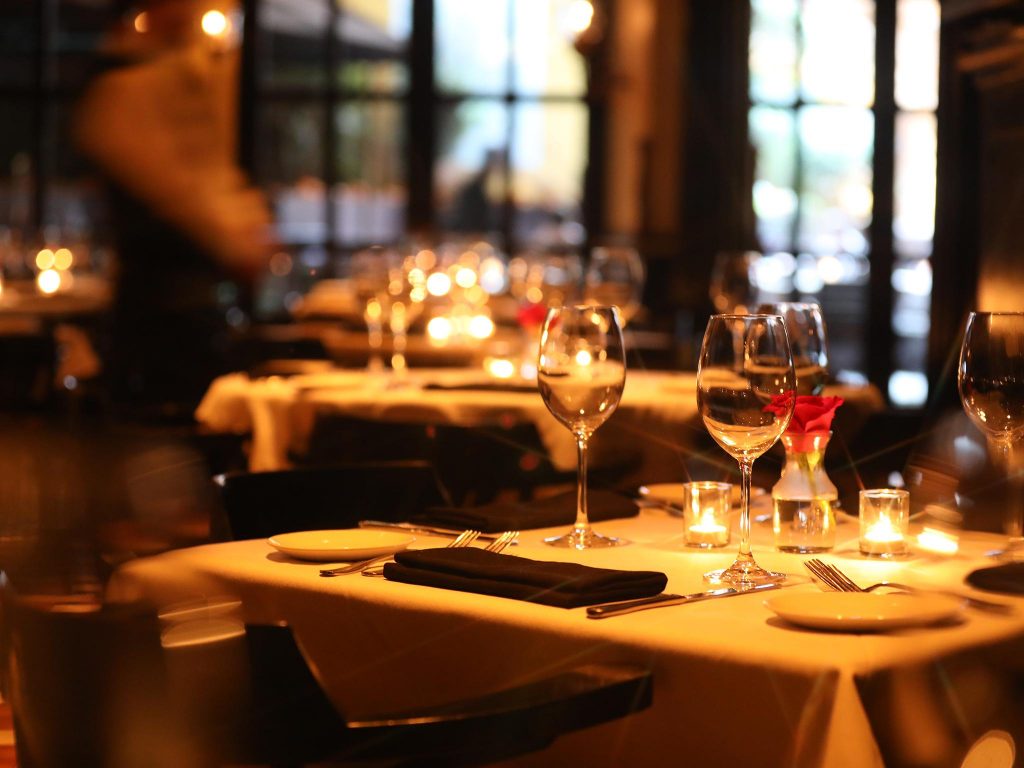
Deductions for business meals are back on the table.
Allaying initial fears, the IRS recently provided clarification concerning food and beverage deductions under the Tax Cuts and Jobs Act (TCJA) in Notice 2018-76. Based on this guidance, many of your business clients may still qualify for some write-offs.
Significantly, the TCJA eliminated the traditional 50% deduction for business entertainment and meals, effective in 2018. Therefore, clients can no longer write off expenses relating to entertainment, recreation or amusement like the cost of a play or concert tickets following a substantial business discussion. However, the TCJA generally preserved the other rules for food and beverage expenses under Section 274, including the strict substantiation requirements.
This led to arguments in the tax community as to whether certain business meal expenses would remain deductible. (Clearly, deductions for meals are still available for taxpayers traveling away from home on business.) Under the interim guidance provided in Notice 2018-76, the IRS says that a 50% deduction is allowed for food and beverage expenses if the following conditions are met:
Under the interim guidance provided in Notice 2018-76, the IRS says that a 50% deduction is allowed for food and beverage expenses if the following conditions are met:
• The expense is an ordinary and necessary business expense under Section 162(a) paid or incurred during the tax year when carrying on any trade or business;
• The expense isn’t lavish or extravagant under the circumstances;
• The taxpayer, or an employee of the taxpayer, is present when the food or beverages are furnished;
• The food and beverages are provided to a current or potential business customer, client, consultant or similar business contact; and
• For food and beverages provided during or at an entertainment activity, they are purchased separately from the entertainment, or the cost of the food and beverages is stated separately from the cost of the entertainment on one or more bills, invoices or receipts.
Furthermore, the IRS indicated it won’t allow the crackdown on entertainment and meal deductions to be circumvented by inflating the amount charged for food and beverages.
Notice 2018-76 contains three examples illustrating how the IRS intends to interpret these rules. All three examples involve attending a sporting event with a business client and having food and drink while attending the game.
- Taxpayer A takes a customer to a baseball game and buy the hot dogs and drinks. The tickets are nondeductible entertainment, but Taxpayer A can deduct 50% of the cost of the hot dogs and drinks purchased separately.
- Taxpayer B takes a customer to a basketball game in a luxury suite. During the game, they have access to food and beverages, which are included in the cost of the tickets. Both the cost of the tickets and the food and beverages are nondeductible entertainment.
- The facts involving Taxpayer C are the same as they are for Taxpayer B, except that the invoice for the basketball game tickets separately states the cost of the food and beverages. As a result, Taxpayer C can deduct 50% of the cost of the food and beverages.
The IRS has announced it plans to issue proposed regulations on this issue. It is requesting comments by December 2, 2019.
With thanks to:
Sanford Zinman, CPA
National Tax Chair, NCCPAP
sandy@zinmantax.com
Join TACPA now – http://www.tacpa.net/join
Questions or concerns, please contact me
Dave Brown
Executive Director
469-443-0971
davebrown@tacpa.net